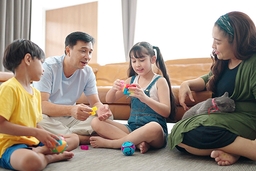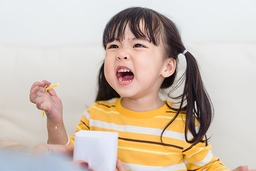Being a Cancer Fighter with Our Children
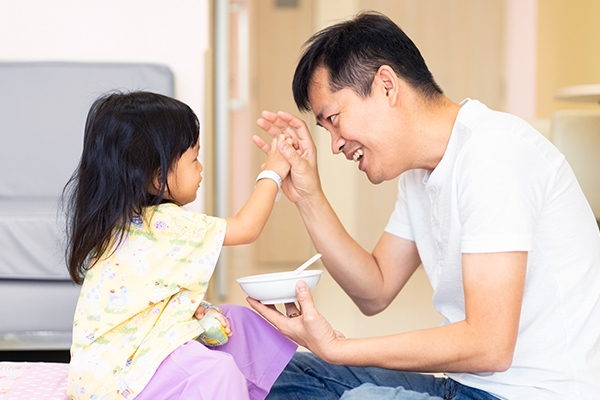
According to the WHO, there are 400,000 cases of childhood cancer worldwide each year. In Indonesia, cancer is the second most common cause of death in children aged 5–14 years. Late detection is one of the causes.
Parents are shocked when their child is diagnosed with cancer. This unexpected occurrence changes the family's physical, emotional, socioeconomic, and behavioral state.
This situation, however, should not be allowed to persist. Parents should act immediately to assist their child in receiving continuous medical treatment, including hospitalization, and overcoming therapy side effects. This procedure is frequently exhaustive.
Is cancer a sudden illness?
In the early stages, cancer appears to be asymptomatic. Cancers that cause obvious symptoms early on, on the other hand, are referred to as symptomatic cancers. For effective treatment, these cancers must be diagnosed as soon as possible.
As a result, parents must take caution if they notice unusual symptoms in their child. For example, headaches, recurring fevers, sudden squinting of the eyes, skin patches, lumps, joint pain, shortness of breath, bleeding, excessive sweating, and so on.
However, various sudden or severe symptoms do not always indicate cancer. The earlier it is diagnosed, the sooner the child can begin treatment.
So, what should parents do?
The child's treatment will include injections, drugs, and lengthy therapy sessions. Parents can do the following during this time:
1. Inform our child of their current condition
Be truthful about the situation. Accurate information supports the therapy and care that will be provided. Our child will be less worried and perplexed by their situation.
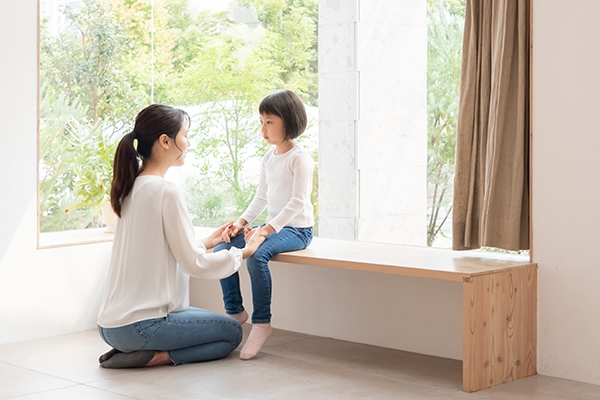
Include information about cancer and its treatments. Age-appropriate information reduces the child's fear and gives them more control over their situation.
2. Assure our child that we will always be there for them
Treatment and care can be exhausting for both the child and the parent. Bring along their favorite toy or stuffed animal to help ease their anxiety about visiting a doctor or hospital.
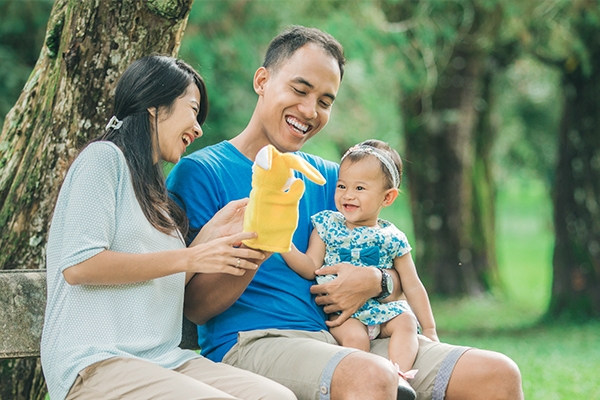
The child's emotions may fluctuate during the treatment or care stage, so they require the support of their parents. The following are some of the conditions that require special attention:
- Struggling to focus.
- Unable to be consoled or reassured.
- Exhausted, tired, and dissatisfied.
- Constantly depressed and frequently crying.
- Less engagement in schoolwork, hobbies, and friendships.
- Having severe mood swings.
- Easily offended, irritated, and frequently enraged.
- Talking about self-harm and contemplating suicide.
- Exhibiting unusual behavior.
- Having unusual weight or appetite changes.
3. Do activities together
Parents and peers can be sources of motivation for the child. Regular physical activities with the child provide emotional support. Physical activity also stimulates endorphins, which keep the child happy even when they are sick.
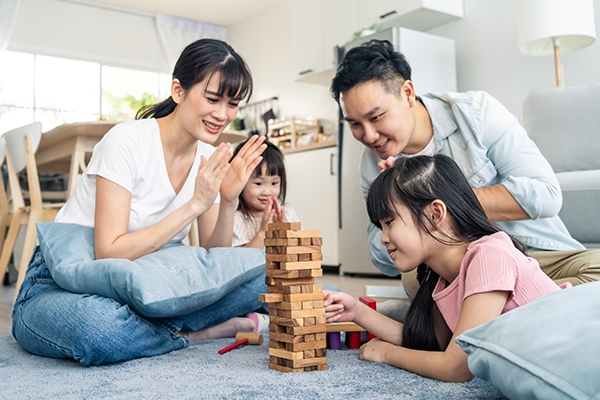
The child will naturally experience physical limitations under these circumstances. When planning activities for their child, parents must consider the side effects of treatment, limitations in movement, loss of independence, and low motivation.
Allow the child to play with their peers if their condition is stable. This activity helps the child emotionally. However, provide supervision to ensure that no harm occurs.
4. Consider our child's nutrition
One of the side effects of cancer treatment is fluid loss due to vomiting, diarrhea, or drinking less. Don't let the child become dehydrated in this situation. Give our child plenty of water to drink. Other fluids, such as fruit or vegetable juice or soup, can also be beneficial.
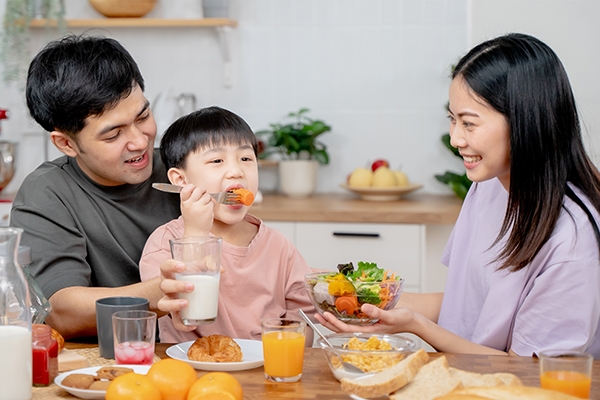
Getting enough fluids keeps the child from becoming constipated. Constipation causes bloating in the stomach, making it difficult for the child to eat.
Children with cancer also have special nutritional requirements. Protein, carbohydrate, vitamin, mineral, and healthy fat requirements typically increase.
Protein aids the child's recovery from chemotherapy and prevents infections. While carbohydrates serve as the body's fuel, providing energy to cells and maintaining organ function, healthy fats are used to store energy and protect human tissue. Fats are also high in calories. This is critical for children who may lose weight during treatment.
Children are more sensitive to food smells and temperatures. While cancer and its treatment can result in a variety of side effects, including nausea, vomiting, sore throat, constipation, and diarrhea. This makes the child's swallowing difficult. It can even cause changes in taste in some children. Even if the child used to enjoy eating, they may lose interest.
If they are having difficulty eating, see a doctor.
Aside from accompanying your loved ones, don't forget to take care of yourself and rest properly.

